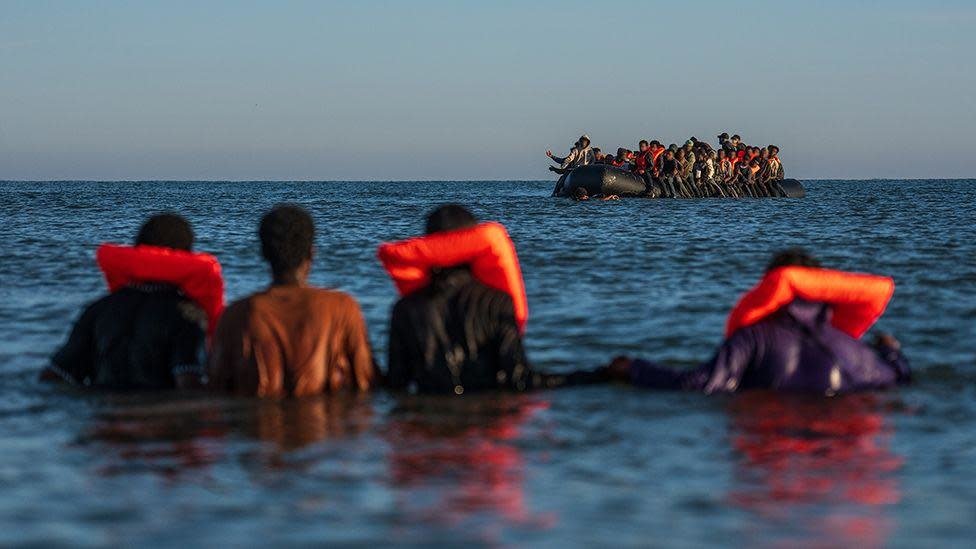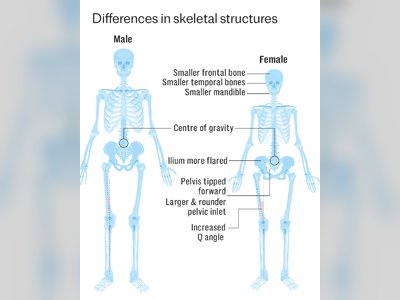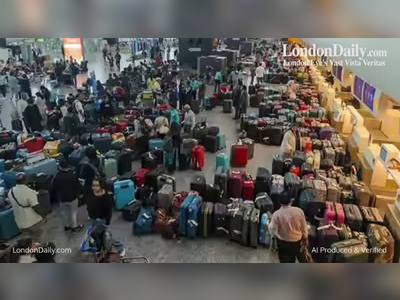
UK Returns Migrant to France Again After Small-Boat Re-entry Under ‘One-in-One-Out’ Deal
An Iranian national removed to France under the UK–France pilot scheme re-entered the UK by small boat and was swiftly expelled again, spotlighting both the policy’s mechanics and its tensions.
A migrant who was removed from the UK to France under the “one-in-one-out” pilot agreement has been deported a second time after re-entering the UK by small boat.
The individual, an Iranian national, first arrived in the UK on August 6 2025 and was removed to France on September 19. He returned via a small-boat crossing on October 18 and was detected, detained, and returned to France once more after the Home Office initiated a readmission request on October 21 and secured France’s agreement on October 24.
Home Secretary Shabana Mahmood said on November 5 that the swift biometric detection and expedited removal illustrated the operation of the returns scheme, adding that “anyone looking to return to the UK after being removed under the UK–France agreement is wasting their time and money”.
She confirmed that, to date, 94 migrants have been removed to France under the pilot scheme, while 57 individuals have been admitted to the UK under the reciprocal arrangements.
The individual’s case has raised questions about both the effectiveness of border controls and the durability of deterrence afforded by the policy.
While authorities emphasised that the biometric detection system functioned correctly, opposition voices described the incident as evidence of “total chaos” within the small-boats regime.
The migrant claimed to have suffered modern-slavery abuse at the hands of smuggling gangs in northern France and said he returned fearing for his life; his trafficking claim had been referred to the national referral mechanism and rejected on October 27.
Under the UK–France agreement, which entered into force on August 6 2025, migrants arriving in the UK via small boats may be returned to France, while the UK agrees to admit an equal number of individuals from France who have not attempted illegal entry.
The pilot is set to run until June 2026. Analysts say the plasibility of the scheme is being tested not only by removals but by underlying cross-Channel flows, legal challenges and the operational readiness of cooperation between the two countries.
One legal setback occurred in September when the UK High Court granted an injunction blocking the removal of an Eritrean asylum-seeker ahead of a full hearing into his trafficking claim.
Government officials maintain that the case demonstrates the system is working and that deterrence is stronger as biometric detection and expedited removals are used in tandem.
The broader test for the policy will be whether it can reduce Channel crossings through sustained returns and verifiable deterrence rather than by isolated high-profile actions.
The individual, an Iranian national, first arrived in the UK on August 6 2025 and was removed to France on September 19. He returned via a small-boat crossing on October 18 and was detected, detained, and returned to France once more after the Home Office initiated a readmission request on October 21 and secured France’s agreement on October 24.
Home Secretary Shabana Mahmood said on November 5 that the swift biometric detection and expedited removal illustrated the operation of the returns scheme, adding that “anyone looking to return to the UK after being removed under the UK–France agreement is wasting their time and money”.
She confirmed that, to date, 94 migrants have been removed to France under the pilot scheme, while 57 individuals have been admitted to the UK under the reciprocal arrangements.
The individual’s case has raised questions about both the effectiveness of border controls and the durability of deterrence afforded by the policy.
While authorities emphasised that the biometric detection system functioned correctly, opposition voices described the incident as evidence of “total chaos” within the small-boats regime.
The migrant claimed to have suffered modern-slavery abuse at the hands of smuggling gangs in northern France and said he returned fearing for his life; his trafficking claim had been referred to the national referral mechanism and rejected on October 27.
Under the UK–France agreement, which entered into force on August 6 2025, migrants arriving in the UK via small boats may be returned to France, while the UK agrees to admit an equal number of individuals from France who have not attempted illegal entry.
The pilot is set to run until June 2026. Analysts say the plasibility of the scheme is being tested not only by removals but by underlying cross-Channel flows, legal challenges and the operational readiness of cooperation between the two countries.
One legal setback occurred in September when the UK High Court granted an injunction blocking the removal of an Eritrean asylum-seeker ahead of a full hearing into his trafficking claim.
Government officials maintain that the case demonstrates the system is working and that deterrence is stronger as biometric detection and expedited removals are used in tandem.
The broader test for the policy will be whether it can reduce Channel crossings through sustained returns and verifiable deterrence rather than by isolated high-profile actions.










